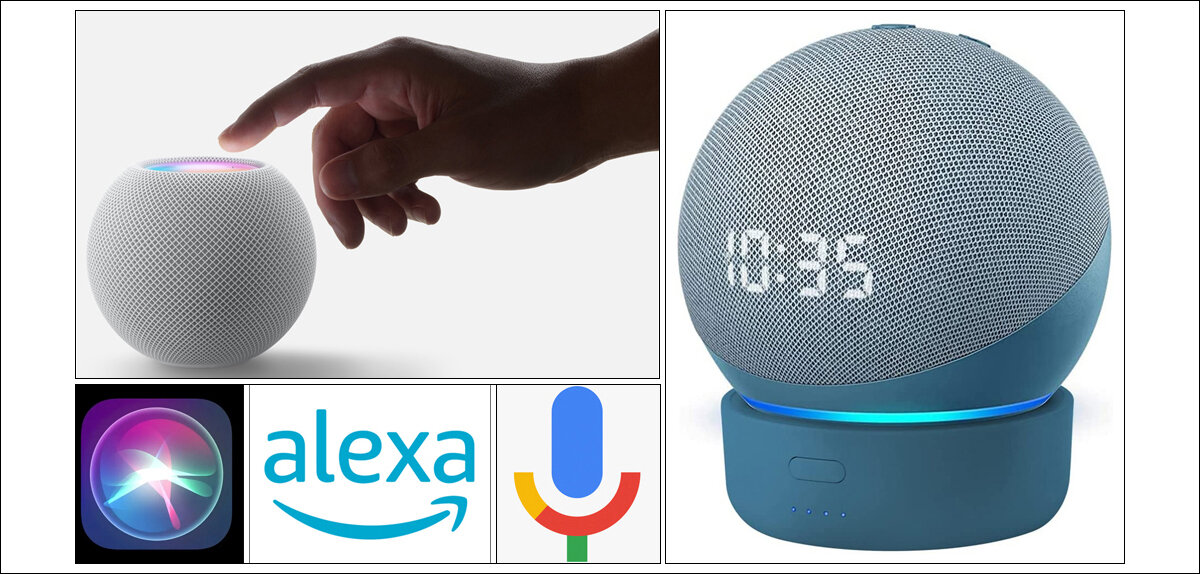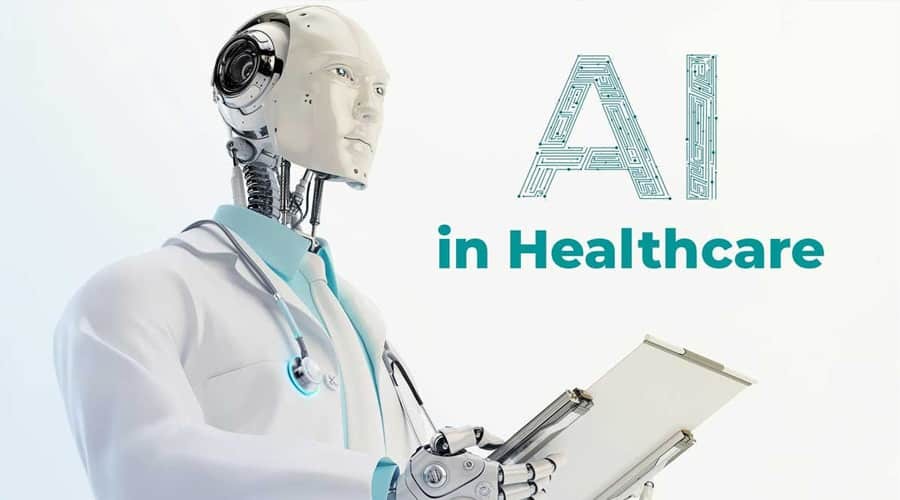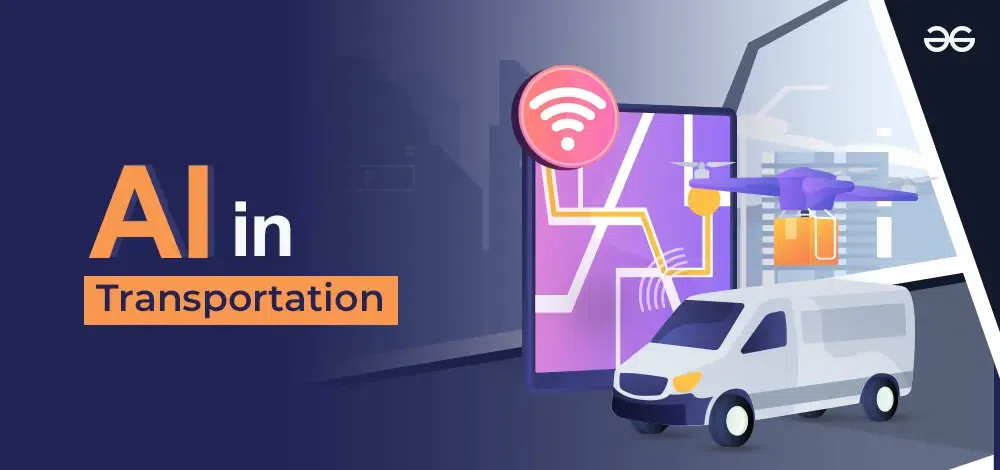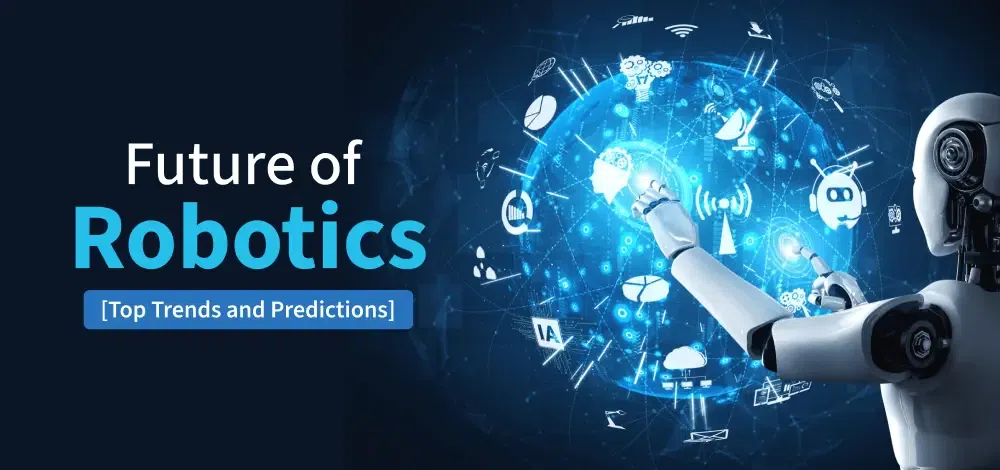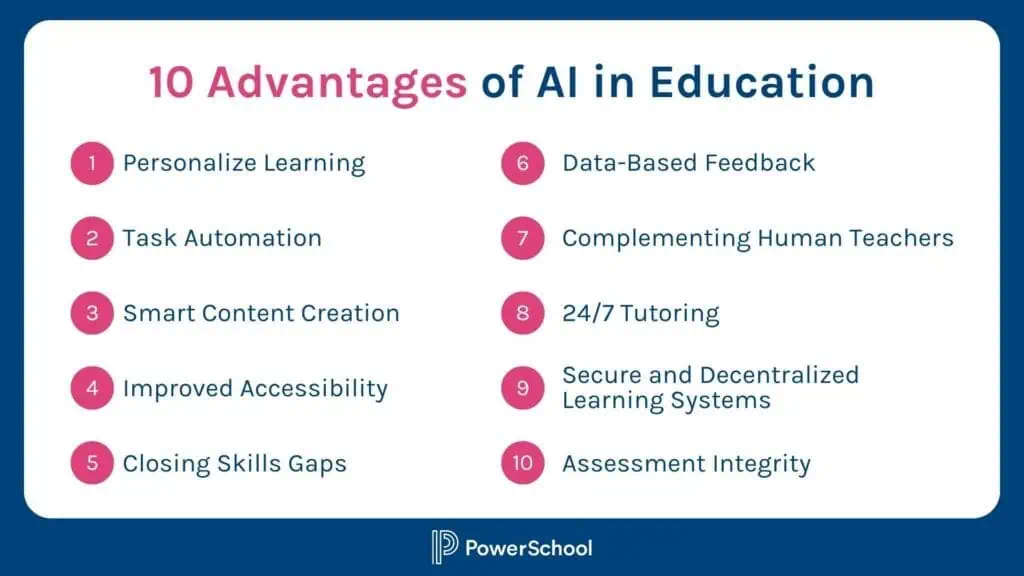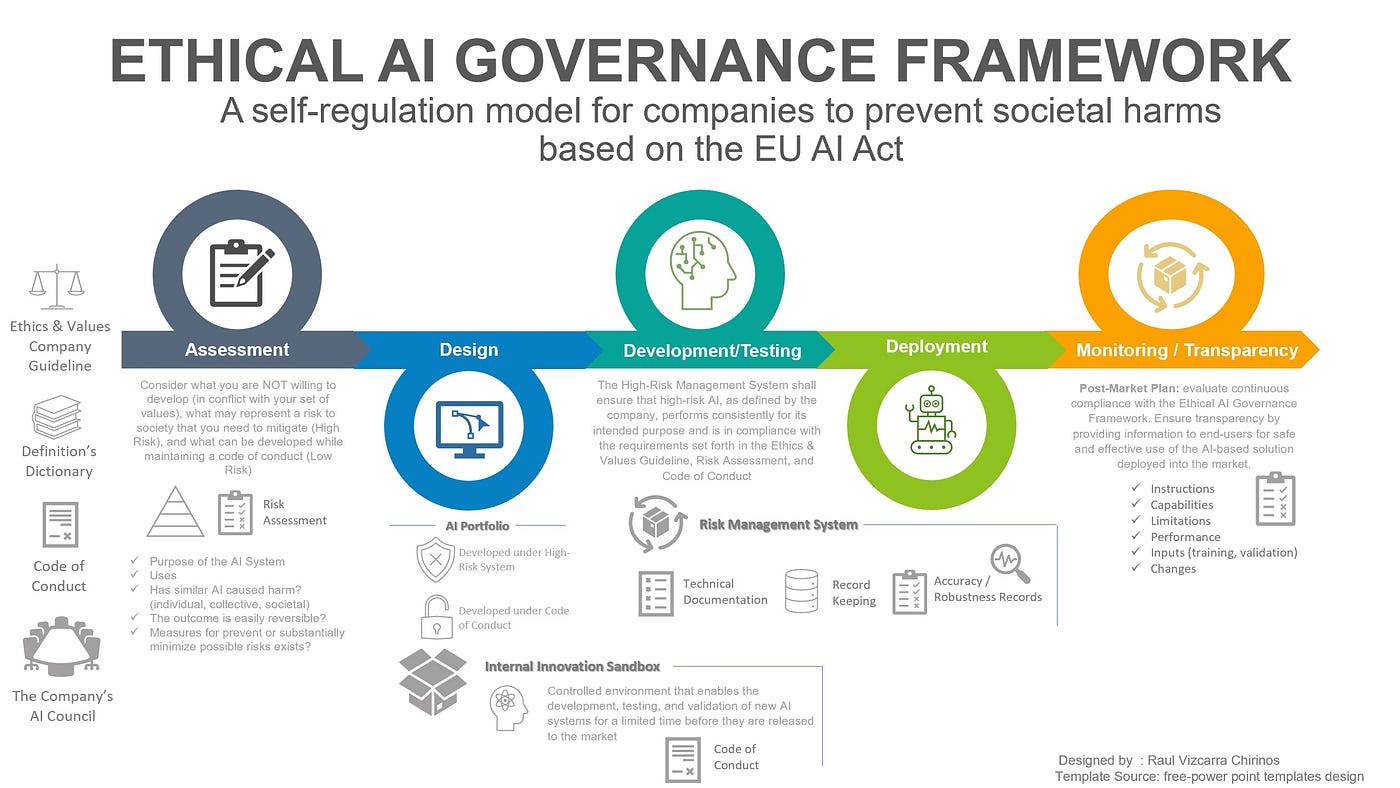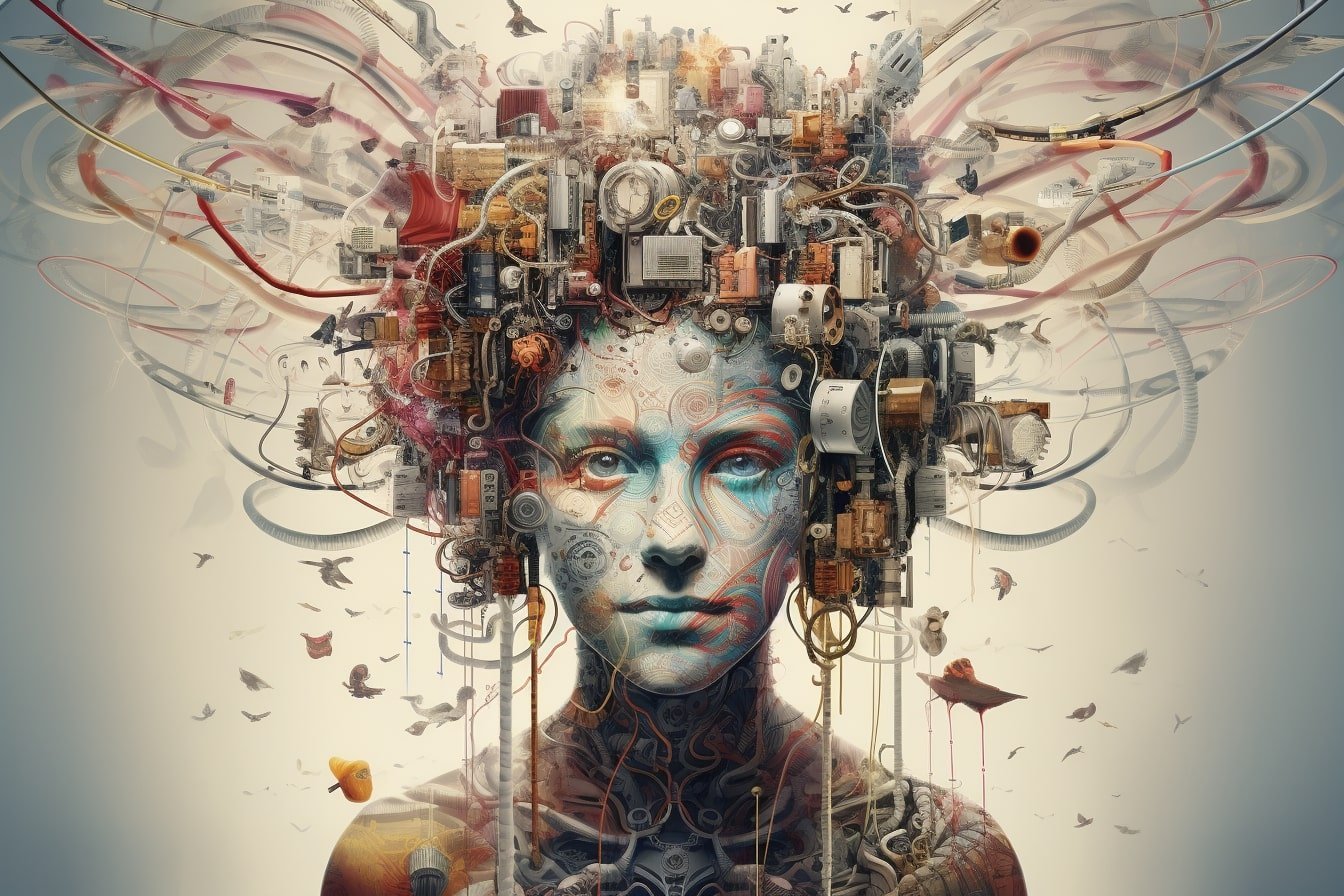Introduction
Artificial Intelligence (AI) is becoming integral to our daily lives in today's fast-paced world. From the smartphone in our pocket to the smart home devices that make our lives more convenient, AI is revolutionizing the way we live, work, and interact with technology. This blog explores the various ways AI has integrated into our daily lives and what the future holds for this transformative technology.
AI in Daily Life
1. Smart Assistants:
Virtual assistants like Siri, Alexa, and Google Assistant are helping us manage our schedules, control smart home devices, and provide instant answers to our questions. These AI-powered assistants learn our preferences and habits, becoming more efficient over time.
2. Healthcare:
AI is playing a pivotal role in healthcare by assisting doctors in diagnosing diseases, predicting patient outcomes, and personalizing treatment plans. AI algorithms can analyze medical images, identify patterns, and provide insights that human doctors might miss.
3. Transportation:
AI is at the heart of autonomous vehicles, enhancing safety, efficiency, and convenience. Self-driving cars use AI to navigate roads, avoid obstacles, and make real-time decisions. Additionally, AI-powered traffic management systems optimize traffic flow and reduce congestion.
4. Customer Service:
Chatbots and virtual agents are transforming customer service by providing quick and accurate responses to customer inquiries. These AI-driven solutions handle routine tasks, allowing human agents to focus on more complex issues.
5. Entertainment:
AI is revolutionizing the entertainment industry by personalizing content recommendations on streaming platforms like Netflix and Spotify. AI algorithms analyze user preferences to suggest movies, TV shows, and music that align with individual tastes.The Future of AI
1. Advanced Robotics:
The next generation of robots will be more intelligent, adaptable, and capable of performing tasks that require human-like dexterity and decision-making. These robots could revolutionize industries such as manufacturing, agriculture, and healthcare.
2. AI in Education:
Personalized learning experiences driven by AI will cater to the unique needs of each student. AI can assess a student's strengths and weaknesses, adapting the curriculum to ensure optimal learning outcomes. Virtual tutors and AI-powered educational tools will make learning more accessible and engaging.3. AI Ethics and Governance:
As AI becomes more pervasive, addressing ethical concerns and establishing robust governance frameworks will be crucial. Ensuring transparency, accountability, and fairness in AI systems will be essential in building trust and preventing misuse.4. AI in Space Exploration:
AI will play a pivotal role in space missions, assisting in navigation, data analysis, and autonomous decision-making. With AI’s help, humanity can explore distant planets, asteroids, and beyond, unlocking the mysteries of the universe.
5. AI and Creativity:
The fusion of AI and creativity will lead to unprecedented innovations in art, literature, music, and design. AI-generated content will push the boundaries of what we perceive as creative, offering new avenues for expression and inspiration.
Conclusion
The integration of AI into our lives is only the beginning. As technology evolves, it will shape a future where humans and machines collaborate to create a better world, guided by ethical considerations and responsible use.
